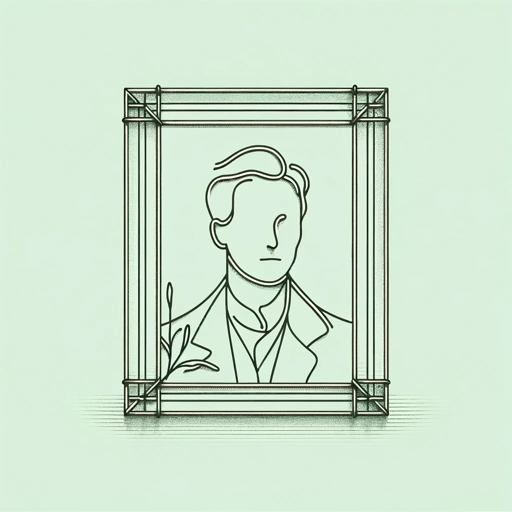32 pages • 1 hour read
Henry JamesThe Beast in the Jungle
Fiction | Novella | Adult | Published in 1903A modern alternative to SparkNotes and CliffsNotes, SuperSummary offers high-quality Study Guides with detailed chapter summaries and analysis of major themes, characters, and more.
Important Quotes
“You know you told me something I’ve never forgotten and that again and again has made me think of you since; it was that tremendously hot day when we went to Sorrento, across the bay, for the breeze. What I allude to was what you said to me, on the way back, as we sat under the awning of the boat enjoying the cool. Have you forgotten?”
(Chapter 1, Page 9)
During a chance encounter at a luncheon, May Bartram brings up her previous meeting with John Marcher and a particular conversation that she has recalled throughout the ensuing decade. May leads Marcher to a recollection of a shared experience, smoothing over the initial disconnection between their memories to create the illusion of a meaningful intersection. James uses memory and allusion to weave the complex relationship between May and Marcher, emphasizing the significance of seemingly minor moments as well as the desire for shared experiences to combat isolation and alienation. The moment highlights the transient nature of human connections and demonstrates how past events can be brought to bear on present relationships, regardless of how accurately they have been remembered.
“The vanity of women had long memories, but she was making no claim on him of a compliment or a mistake.”
(Chapter 1, Page 10)
Marcher offers a gendered explanation for May’s seemingly more accurate memory, implying that the encounter in Italy was more important to her than it was to him. Yet, he is nonetheless aware that the explanation does not entirely fit the circumstances; after all, May’s memory does not appear to be stereotypically “feminine” in its deployment. James’s ironizing technique not only serves to critique these stereotypes but also to highlight May’s distinctiveness from other women; she is not invoking a past compliment or grievance but rather seeking a deeper, more meaningful connection with Marcher.
Related Titles
By Henry James

Daisy Miller
Henry James

Roderick Hudson
Henry James

The Ambassadors
Henry James

The American
Henry James

The Aspern Papers
Henry James

The Bostonians
Henry James

The Golden Bowl
Henry James

The Jolly Corner
Henry James

The Portrait of a Lady
Henry James

The Real Thing
Henry James

The Turn of the Screw
Henry James

The Wings of the Dove
Henry James

Washington Square
Henry James

What Maisie Knew
Henry James

